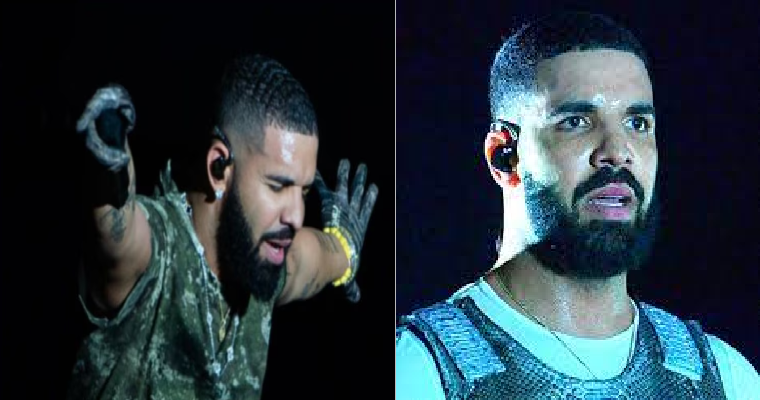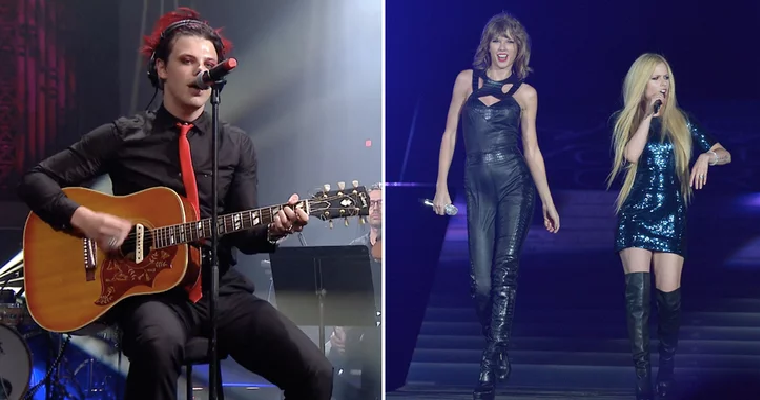Drake is facing a copyright lawsuit claiming he used an unauthorized sample from a song by a Ghanaian rapper on his seventh studio album, "Honestly, Nevermind."
According to court documents published by Music Business Worldwide, rapper Obrafour, real name Michael Elliot Kwabena Okyere Darko, filed a complaint in New York on Tuesday claiming Drake's track "Calling My Name" features a short clip of a vocal phrase ("Killer cut, blood, killer cut") pulled directly from his own song, "Oye Ohene" featuring Tinny.
In the suit, Obrafour claims to have emails from someone at Republic Records seeking to clear the vocal sample so that Drake could release the already-recorded track.
The sender told Obrafour that they were "currently working on a sample clearance for Republic recording artist Drake" and were seeking "consent for both the master rights and publishing rights" to the clip, per the complaint. Obrafour also claims to have received a follow-up email shortly after.
Nine days after the initial email, Drake then released his album and song, complete with the unlicensed sample, the Ghanaian rapper claims.
"Obrafour had not yet responded to the June 8, 2022 clearance email or the follow-up June 13, 2022 clearance email at the point when Drake's 'Honestly, Nevermind' album was released," Obrafour's lawyers wrote in the complaint.
"Nonetheless, the infringing work is one of the songs appearing on the "Honestly, Nevermind" album, as released to the world by 'surprise' on June 17, 2022."
Following its release, "Honestly, Nevermind" generated more than 250 million streams within a week of its release, while "Calling My Name" has been listened to by more than 47 million people on Spotify and watched by 4.1 million people on YouTube.
Obrafour is seeking at least $10 million in damages and a share of profits from record sales, streaming, live performances, and other sources of revenue associated with "Calling My Name."
The 47-year-old rapper is also requesting compensation for legal expenses.
"Defendants continue to engage in infringement, despite acknowledging that they needed to secure rights and authorization from Obrafour," Obrafour's lawyers wrote.
"Defendants have never accounted to, credited, or otherwise compensated Obrafour for their unauthorized use of the copyrighted work."
Representatives for Drake did not immediately reply to a request for comment.



